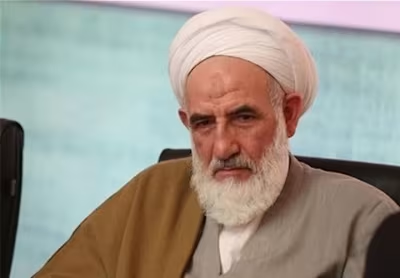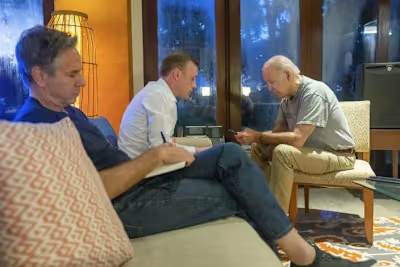China and Honduras; coup attempt on the way again?
Going by historical trends related to Honduras and the wider Latin American region, it may also indicate that a Washington-organised coup attempt targeting the country intended to maintain US hegemony is on its way.
On Monday, the growing international influence of China was again rubberstamped with the signing of a comprehensive bilateral cooperation deal between Beijing and Honduras, both countries having only established formal relations in the past two months.
Coming only three months after a Chinese-brokered deal established a rapprochement between former Gulf rivals Iran and Saudi Arabia, and a similar deal organized by Russia led to Riyadh restoring ties with Syria, Honduran President Xiomara Castro’s official visit to Beijing is yet another development in the emergence of the new multipolar world.
Going by historical trends related to Honduras and the wider Latin American region, it may also indicate that a Washington-organised coup attempt targeting the country intended to maintain US hegemony is on its way.
In 2009, the husband of Xiomara Castro and then-President Manuel Zelaya was overthrown and exiled by the Honduran military in a dispute over proposed changes to the country’s constitution relating to the length of presidential terms.
Investigative website WikiLeaks would later reveal that although the US Embassy in Honduras privately recognized Zelaya’s removal from power as a military coup d’état, then-Secretary of State Hillary Clinton refused to acknowledge it publicly, which would have resulted in the US being legally mandated to suspend all support for the new post-coup Honduran government of Roberto Micheletti; the reasoning for this being her view of Zelaya as a troublesome Hugo Chávez-style leader, one who wouldn’t comply easily with demands related to Washington’s interests in the region.
Indeed, Honduras had served as a strategic US military outpost during the 1980s, with thousands of US troops stationed in the country for the purpose of providing arms and training to Contra rebels, who were then sent on to wage war against the Sandinista government of neighboring Nicaragua, previously under the leadership of US-backed Anastasio Somoza until his overthrow in 1979.
This would be part of a Cold War US policy in the region which involved the arming and training of anti-communist groups in order to prevent the Soviet Union from gaining a foothold in Latin America; with perhaps the most notorious implementation of this policy being Operation Condor.
A covert CIA program in the same vein as Operation Cyclone, which would play out later in Afghanistan, Operation Condor saw the US throw its support behind numerous military juntas in Latin America in order to maintain regional hegemony, with the most well-known being the 1973 coup d’état which saw General Augusto Pinochet come to power in Chile.
In 1970, the election of Socialist candidate Salvador Allende as president of Chile and his subsequent nationalization of the lucrative copper mining and telecommunications industries would lead to the multinational ITT, placing pressure on Washington to oust the Chilean leader from power, with the communications giant holding a 70% stake in Chile’s telecom infrastructure.
In order to protect corporate interests and maintain Washington’s influence in the region, a violent CIA-backed coup would be launched in Chile on September 11, 1973.
Involving the seizure of key sites around the country by the Chilean military, the coup would end with the bombing and seizure of the La Moneda Presidential Palace. Allende, who refused to flee in exile, would die amid the chaos. His death was initially reported as a suicide, but foul play was strongly suspected.
The post-coup junta of Pinochet would see the introduction of neoliberal market reforms, which would allow US corporate interests to again take a foothold in Chile and which endeared him to the subsequent British and US governments of Margaret Thatcher and Ronald Reagan. His rule, which saw the state-sponsored executions of 3,000 political dissidents and the forcible exiling of 200,000 more, would last until 1990, with the Cold War coming to an end the following year.
The cessation of hostilities between Western free market capitalism and Eastern communism wouldn’t result in an end to US interference in Latin America however.
As recently as 2020, Operation Gideon, a Bay of Pigs-style coup attempt involving US mercenaries and likely given covert authorization by the White House, took place in Venezuela in an attempt to remove the government of Nicolás Maduro - like his predecessor Hugo Chávez, a long-time target of the regime-change lobby owing to the pairs nationalization policies in the oil-rich nation.
Now, with Honduras establishing diplomatic ties with China amid the new multipolar world, it may only be a matter of time until Tegucigalpa is again subjected to something similar.
Like this project
Posted Jul 11, 2023
Examining China's role in the new multipolar world, and using historical instances, the likelihood it may result in regime-change in Honduras.
Likes
0
Views
8
Tags




